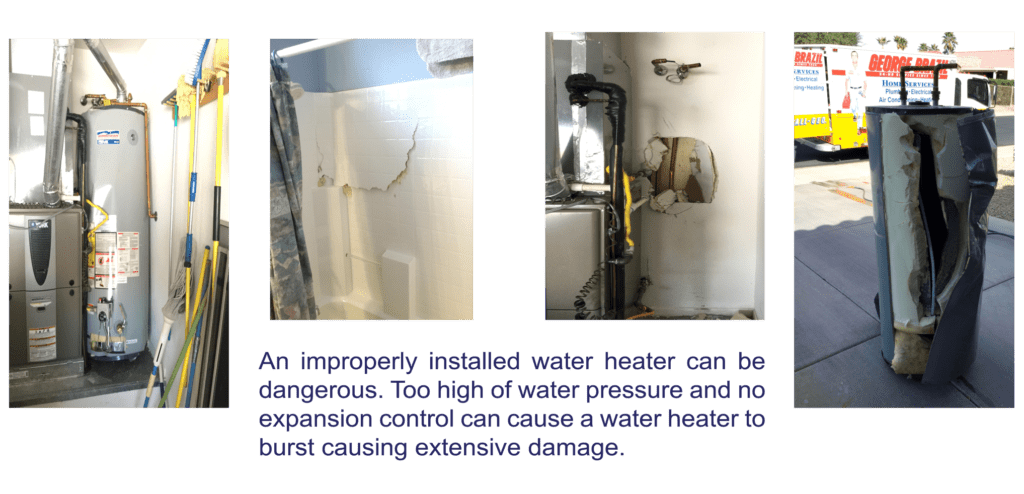 Some people look at plumbing codes as an inconvenience, or a part of the government overseeing activities, but plumbing codes are so much more than that. These codes were enacted to help ensure the health and safety of the public.
Some people look at plumbing codes as an inconvenience, or a part of the government overseeing activities, but plumbing codes are so much more than that. These codes were enacted to help ensure the health and safety of the public.
Wherever you live, you will have a set of rules and statutes that indicate what can and cannot be done regarding the construction process. These building codes change over time, and the changes are often necessary because of new techniques, technology, and innovations made available to those in the construction field.
Professional plumbers must be up to date on current plumbing codes and make sure they abide by those when working on a building project. The Americans with Disabilities Act (ADA) also affects plumbing work in public buildings.
Poor quality plumbing can lead to serious health consequences. There are other lesser known areas to consider regarding the plumbing needs of the consumer. The water of sewage and wastewater through homes and buildings requires proper attention.
Drainpipes require proper pitching to make sure any noxious fumes don’t enter your home and that hazardous wastewater doesn’t rest in plumbing fixtures or seep into your home or business. A water filtration system can keep out foreign materials and fend off waterborne diseases, but if the water filtration system isn’t installed properly, it can be compromised, and a health threat could occur.
Plumbing Codes Help Protect Consumers From Bad Plumbing Practices
When there are plumbing codes in place and they are enforced, it helps protect the consumer from bad plumbing and the effects of a job that has been poorly done. As an example, if you need underground plumbing, there are strict guidelines that must be followed.
An amateur plumber who wants to do the job quickly and inexpensively, may incorporate soldered joints. While the plumber can do the job cheaper, the consumer still pays the full price for a shoddy job. And more repairs will be needed soon to fix that unethical repair process.
If there weren’t plumbing codes, waterborne illnesses would be more prevalent, there could be the spread of more diseases through wastewater and sewage spills, and buildings and homes could face expensive repairs because of the damages associated with the bad plumbing and faulty pipes. Also, without plumbing codes, there could be more water main breaks causing flooding and property damage.
What Comprises The Plumbing System?
The plumbing system includes distribution pipes, building supply pipes, and potable water. Also included are all traps and fixtures, vents, devices, drainage pipes, receptors, building drains, building sewers, joints, connections, water pipes, potable water equipment, water treatment equipment, medical vacuum systems, medical gas systems, li quid and fuel gas piping, and water heaters.
Building codes and regulations determine the approved water piping materials that are allowed in residences or businesses, and the installation standards that are established for any water piping. The codes also set how to properly install the materials and to ensure there are no cross connections.
Making Sure Plumbing is Up to Code
When your plumbing is up to code, you can rest assured that your home is in good condition. A plumbing problem can affect your home’s value. It could cause major damage to your home, including the structure and aesthetic appearance.
If you are needing plumbing work, or if you want to make sure your home’s plumbing is up to par and meets code, you should enlist the help of a skilled plumber. A licensed plumber will be familiar with the state and local laws that apply to your situation. A plumber will make sure that your home’s plumbing is up to par, and that you don’t have to worry about water and/or sewer problems that can cause damages to your home.

